Offer management starts at the very beginning of the selection process and continues all the way through. There is only one primary objective in the process, from resume submission, through all the interviews, presentations and case studies to the offer and managing the offer. Once you fully understand what that objective is, and commit to that objective, all the required actions, decisions and behaviours you make and display, and such choices become so much easier.
Primary Objective: “To increase the likelihood that I will make them want me enough, and show them I want them enough, to make me an offer that I would want to accept”
If we unpack this statement, you can see it has a number of dependent components.
Firstly, know the market, industry, company, the job description and those involved in the interview process. Pretty obvious really, but quite often glossed over. Do you know their Mission, Vision and Values? If it is in the public domain, have you looked at the Annual Report, identifying their opportunities, strengths and challenges?
Secondly: “show them I want them enough”. During the selection process it is up to you to determine your interest in the role, the company and people as well as your prospects and future opportunities there. If you are not genuinely interested in the opportunity, then an offer becomes a moot point. But if you are interested, it is important that they know that you are. Companies want individuals who want to be, and are excited about the opportunity to be, with them. If they don’t think you want them enough, again an offer may become a moot point as they would prefer to offer a candidate, they consider more enthusiastic, therefore more likely to accept the offer.
Thirdly: “make them want me enough”. It is only logical, and frankly common sense, that if you have not made them want to offer you, then they simply will not offer you, and there is nothing to negotiate. Every single part of the hiring process has a role in the selection process, both for you and for the employer. What you do, how you do it, what you demonstrate and the behaviours you display, are being noted and measured. If you lose sight of this fact, especially if you are focusing on the potential monetary figure at the end, instead of what you need to deliver to get to the end, it might be that you never get to an offer. You cannot manage an offer if there is no offer to be managed.
Finally: “It is not all down to you!”. The employer has limits too. You have your walkaway position, below which you simply cannot say “yes”; likewise, they will have their walkaway position above which they can not offer. They may be subject to monetary or budget limits, policy constraints, or precedents that they cannot get past.
There are many points of view regarding if and when to share your current package or expectations, and about using delaying tactics in giving the actual numbers or being so vague no one can be held to anything. My argument is that if you and they don’t know where you stand, why would you progress through all the stages to something you were never going to find an overlap in anyway? It is a waste of all parties’ time and effort, and hardly demonstrates the “collaborative” nature of your potential future working relationship. If it is not going to work out this time, then you both have the opportunity to walk away with dignity intact, or potentially find a different way to come to some kind of agreement.
We have already talked in terms of compensation, what would you say yes to, and what is your “walkaway position”. Partly, it is usually based on an increment of where you already are. But market value changes, sadly, sometimes based on where you are on your career trajectory, high potential or high experience. The value of your positive impact to a particular organization, needs to be researched and thought through, otherwise you may overvalue or undervalue yourself.
Being open and honest with your expectations has, in my experience with those I have managed through this process, always been the most effective strategy for both parties.
“Ensure that that you know what it is they want to see and hear, and then ensure sure they see and hear it, with openness and honesty, is the most effective way to give your primary objective a fighting chance”
Simon Crockett
Founder and Head Coach
To discuss this further, email [email protected]



